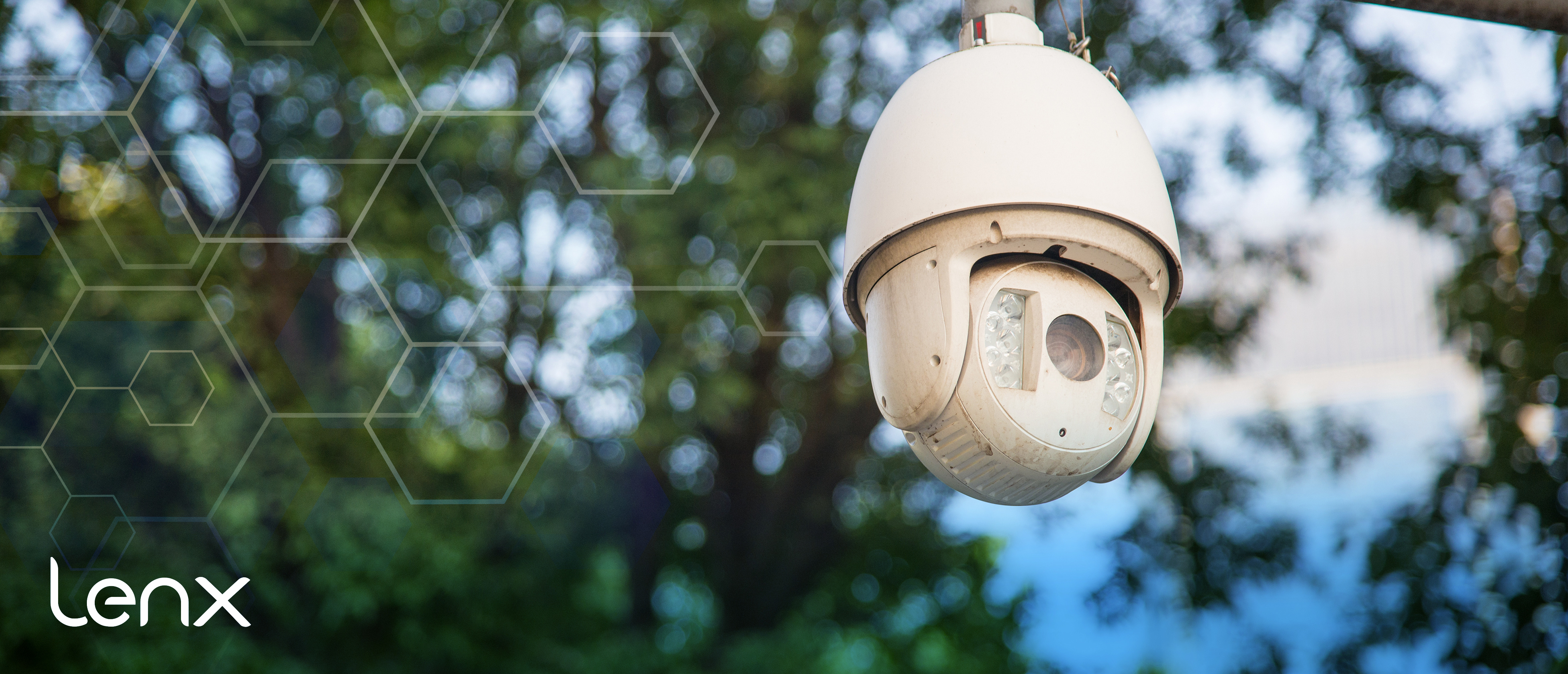
Navigating Local Legislation Concerning AI Security, Active Shooter Detection Systems
AI security compliance is a complex field. It's especially so when it comes to active shooter detection systems.
These systems use AI to detect potential threats. They can identify guns, alert authorities, and even lock down facilities.
However, local legislation can vary widely. This makes it challenging for organizations to ensure their systems are compliant.
In this article, we'll guide you through the legal landscape. We'll focus on how to navigate local laws when implementing AI-driven security measures.
Understanding AI Security Compliance
AI security compliance refers to the adherence to laws and regulations governing AI use in security systems. This includes active shooter detection systems.
These laws aim to balance public safety with individual privacy rights. They also seek to ensure the ethical use of AI in surveillance and security.
Non-compliance can lead to legal and financial repercussions. Therefore, understanding and adhering to these laws is crucial for any organization implementing AI-driven security measures.
The legal landscape surrounding AI in security technologies is complex and ever-evolving. It varies greatly from one jurisdiction to another, making compliance a challenging task.
Key areas of legislation include data privacy, ethical use of AI, and standards for threat detection. These laws govern how AI can be used in security systems, including active shooter detection.
- Data privacy laws regulate how personal data is collected and used by AI systems.
- Ethical use of AI laws ensure that AI is used responsibly and does not infringe on individual rights.
- Standards for threat detection dictate the accuracy and reliability requirements for AI systems used in security.
AI plays a crucial role in active shooter detection systems. It enhances the speed and accuracy of threat detection, potentially saving lives.
AI-driven systems can analyze multiple data points in real-time. However, the use of AI in public safety raises ethical and legal questions. Balancing public safety needs with individual privacy rights is a key challenge in AI security compliance.
Compliance with AI security laws is a complex task. The legal landscape is constantly evolving, making it difficult for organizations to stay up-to-date.
Non-compliance can lead to severe legal and financial repercussions. It's crucial for businesses to conduct regular compliance audits and ensure their AI security measures adhere to local laws.
Here are some best practices for ensuring compliance:
- Regular training and education for stakeholders
- Cross-functional collaboration between legal, IT, and security teams
- Vendor due diligence when selecting AI security technologies
- Regular updates and maintenance of AI security systems
These steps can help organizations navigate the complexities of AI security compliance.
Non-compliance with AI security laws can have serious consequences. Businesses may face hefty fines, legal action, and damage to their reputation.
In some cases, non-compliance can also lead to the suspension or revocation of business licenses. This can disrupt operations and result in significant financial loss.
Therefore, understanding and adhering to local AI security legislation is not just a legal obligation, but a business imperative.
AI security legislation is a rapidly evolving field. As technology advances, so too do the laws and regulations governing its use.
In the future, we can expect to see more comprehensive and stringent legislation. This will likely cover areas such as data privacy, AI ethics, and the use of AI in public safety.
Staying abreast of these changes is crucial for businesses. It ensures they remain compliant and can effectively leverage AI technology in their security systems.

